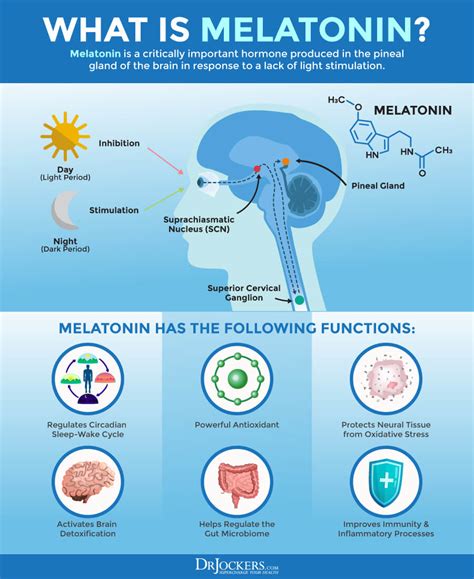
Melatonin and Heart Failure: What the Latest Study Reveals
Melatonin and Heart Failure: What the Latest Study Reveals
Melatonin, the popular sleep aid supplement, has come under scrutiny following new research that suggests a concerning link between long-term use and heart failure. As millions of people worldwide rely on this hormone to help with sleep issues, these findings raise important questions about safety and proper usage.
The study, presented at the American Heart Association's Scientific Sessions, analyzed health records of over 130,000 adults across multiple countries. The results indicated that individuals prescribed melatonin for more than a year had a significantly higher risk of developing heart problems compared to those not taking the supplement.

Key Findings from the Research
The research revealed several alarming statistics:
- People taking melatonin long-term had an 89% higher risk of heart failure over five years
- They were twice as likely to die from any cause compared to non-users
- A secondary analysis showed those taking melatonin for over a year were 3.5 times more likely to be hospitalized for heart failure
- The risk of dying from any cause increased from 4.3% to 7.8% between groups
Medical researcher Ekenedilichukwu Nnadi from SUNY Downstate/Kings County Primary Care in New York commented: "Melatonin supplements may not be as harmless as commonly assumed. If our study is confirmed, this could affect how doctors counsel patients about sleep aids."
Understanding Melatonin and Its Current Use
Melatonin is a hormone naturally produced by the brain that helps regulate the body's internal clock. Supplemental melatonin is designed to replicate this hormone and is commonly used to help people fall asleep and stay asleep. In the United States and many other countries, melatonin supplements are available over-the-counter without medical supervision.
According to researchers, melatonin is typically considered safe and well-tolerated for short-term use—generally defined as one to two months. However, comprehensive research on its effects beyond this period has been limited, even as the supplement's popularity continues to grow.

Important Limitations to Consider
While the findings are concerning, researchers emphasize that the study has significant limitations. The analysis relied on prescription records rather than direct surveys about melatonin use. This means the control group (those not prescribed melatonin) may have included individuals who took melatonin without a prescription, particularly in countries where it's available over-the-counter.
"These findings challenge the perception of melatonin as a benign chronic therapy and only highlight the need for a prospective trial with a control group to clarify its safety profile," argues Carlos Egea, President of the Spanish Federation of Sleep Medicine Societies.
What This Means for Consumers
For most people, occasional melatonin use for short periods appears to remain safe. However, these findings underscore the importance of using any supplement responsibly and under medical guidance when possible. If you're considering melatonin or currently taking it long-term, it's worth discussing with your healthcare provider.
The research doesn't necessarily mean melatonin directly causes heart failure, but it does suggest that longer-term use requires further investigation to ensure safety. As with any supplement, it's essential to weigh the potential benefits against the risks and make informed decisions about your health.
Moving Forward
As melatonin continues to be one of the most popular natural products taken by adults in the US (ranking fourth), these findings highlight the need for more comprehensive research into its long-term effects. Future studies with more rigorous methodologies will be crucial to confirm or refute these preliminary results.
For now, the medical community recommends using melatonin as a short-term solution for sleep issues, typically limited to one or two months, and always following the recommended dosage guidelines. As always, if you have specific health concerns, consulting with a healthcare professional is the best course of action.
Share this article
David Kim
Health and science reporter with a background in medicine. Passionate about making complex medical topics accessible.